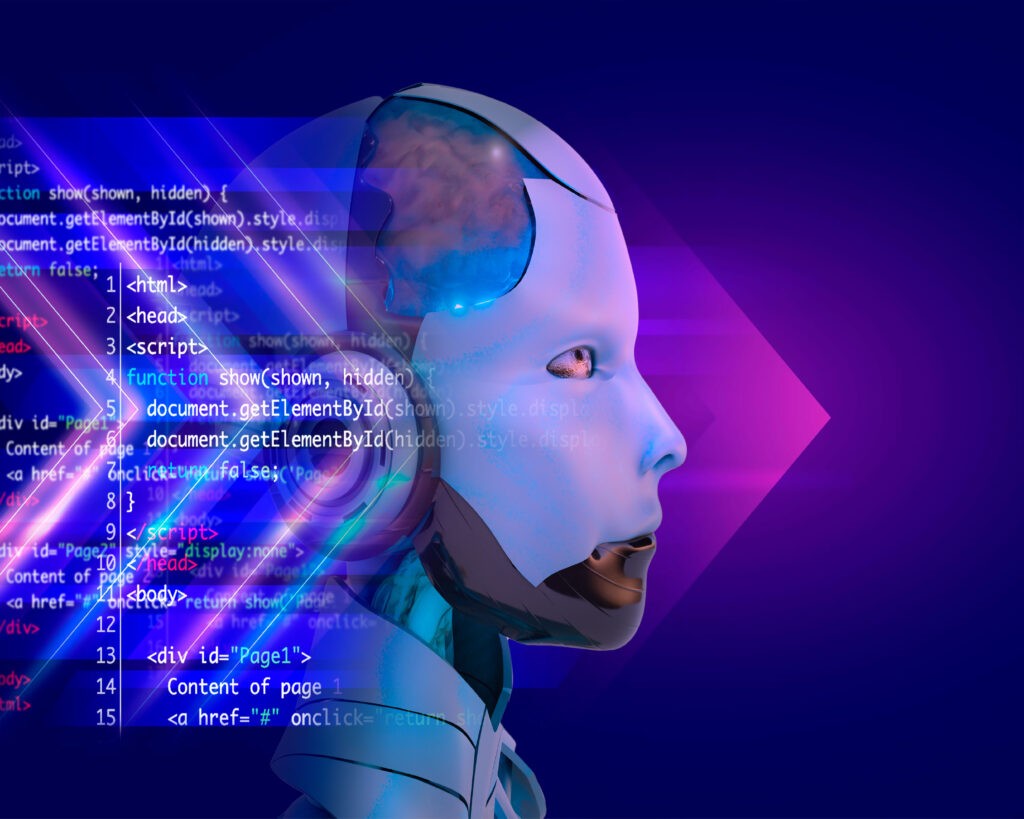

The Role of AI in Shaping Web Development
Artificial Intelligence (AI) is increasingly playing a crucial role in shaping the future of web development. Over the past few years, AI technologies have advanced rapidly, and their influence is being felt across various industries. Web development is no exception. Today, AI is being used to automate tasks, improve user experience (UX), and enhance the overall efficiency of the development process. In this article, we’ll explore how AI is transforming web development, making it smarter, faster, and more innovative.
1. AI-Powered Web Design
AI is revolutionizing web design by automating tedious and time-consuming tasks. Traditionally, web designers spend hours creating layouts, choosing colors, and making design decisions. However, with AI-driven tools, designers can now automate many of these tasks. For example, platforms like Wix ADI use artificial intelligence to build websites based on user preferences. This eliminates much of the manual effort required to design a site, making it faster and more efficient.
AI can also assist in personalizing the design of websites. By analyzing user data, AI systems can predict user behavior and preferences, enabling designers to create more tailored experiences. As a result, websites are becoming more engaging, relevant, and user-friendly.
2. Enhancing User Experience with AI
AI plays a pivotal role in improving user experience (UX) on websites. One key application is through AI-powered chatbots. These chatbots can instantly respond to user queries, providing 24/7 support and enhancing customer engagement. With natural language processing (NLP), AI chatbots are becoming more sophisticated, understanding context and providing helpful responses.
Moreover, AI can personalize the browsing experience. By tracking user behavior, AI can suggest relevant content, products, and services, improving the overall user experience. This level of personalization not only boosts user satisfaction but also increases conversion rates. Companies like Amazon have successfully implemented AI-based recommendation systems, which are now a key factor in their growth.
3. Automating Development Tasks with AI
AI is not only helping with design and user experience but also in the development process itself. Developers can now rely on AI tools to automate repetitive coding tasks, increasing productivity. Tools like GitHub Copilot assist developers by providing code suggestions and automating certain aspects of the programming process.
For example, AI-powered code completion can suggest entire lines of code based on the context, saving developers time and reducing the likelihood of errors. This allows developers to focus on more creative and complex aspects of web development, such as problem-solving and architecture design.
Additionally, AI can help with debugging and testing. AI-powered tools can automatically identify and fix common coding issues, making the development process smoother and more efficient. This can drastically reduce development time and improve the quality of the final product.
4. AI-Driven SEO Optimization
Search Engine Optimization (SEO) is essential for the success of any website. AI is playing a significant role in optimizing websites for search engines. By analyzing large amounts of data, AI can identify SEO trends, suggest keywords, and even generate SEO-friendly content.
For instance, AI tools like Surfer SEO analyze competitor websites, identify keywords that drive traffic, and offer actionable insights to improve rankings. AI can also help in content generation. Some AI tools can create SEO-optimized blog posts, product descriptions, and more, saving content creators valuable time.
As search engines become smarter with AI algorithms, web developers must also adapt their strategies. Using AI-driven SEO tools helps developers stay ahead of the competition, ensuring their websites rank higher and reach more users.
5. AI for Web Security
Web security is a growing concern for both developers and users. With the rise in cyberattacks, AI is now being used to strengthen website security. AI-powered security systems can analyze patterns in user behavior and detect unusual activities that might indicate a breach.
For example, AI can identify and block malicious bots that attempt to scrape data or engage in fraudulent activity. It can also automate tasks like vulnerability scanning, identifying security flaws before they become a problem. As AI continues to evolve, we can expect more robust security measures that automatically protect against emerging threats.
Additionally, AI is improving the security of user data. By using advanced encryption algorithms, AI can help ensure that sensitive information is securely transmitted and stored, further enhancing trust between users and websites.
AI is reshaping the web development industry in numerous ways. From automating web design tasks and enhancing user experiences to improving SEO and web security, AI is helping developers create faster, more intelligent, and more secure websites. As AI technology continues to evolve, we can expect even greater innovations in the web development space.
For developers and businesses looking to stay competitive, embracing AI tools and techniques will be essential. The future of web development is undoubtedly intertwined with AI, and understanding its role will be key to staying ahead in an ever-changing digital landscape.
